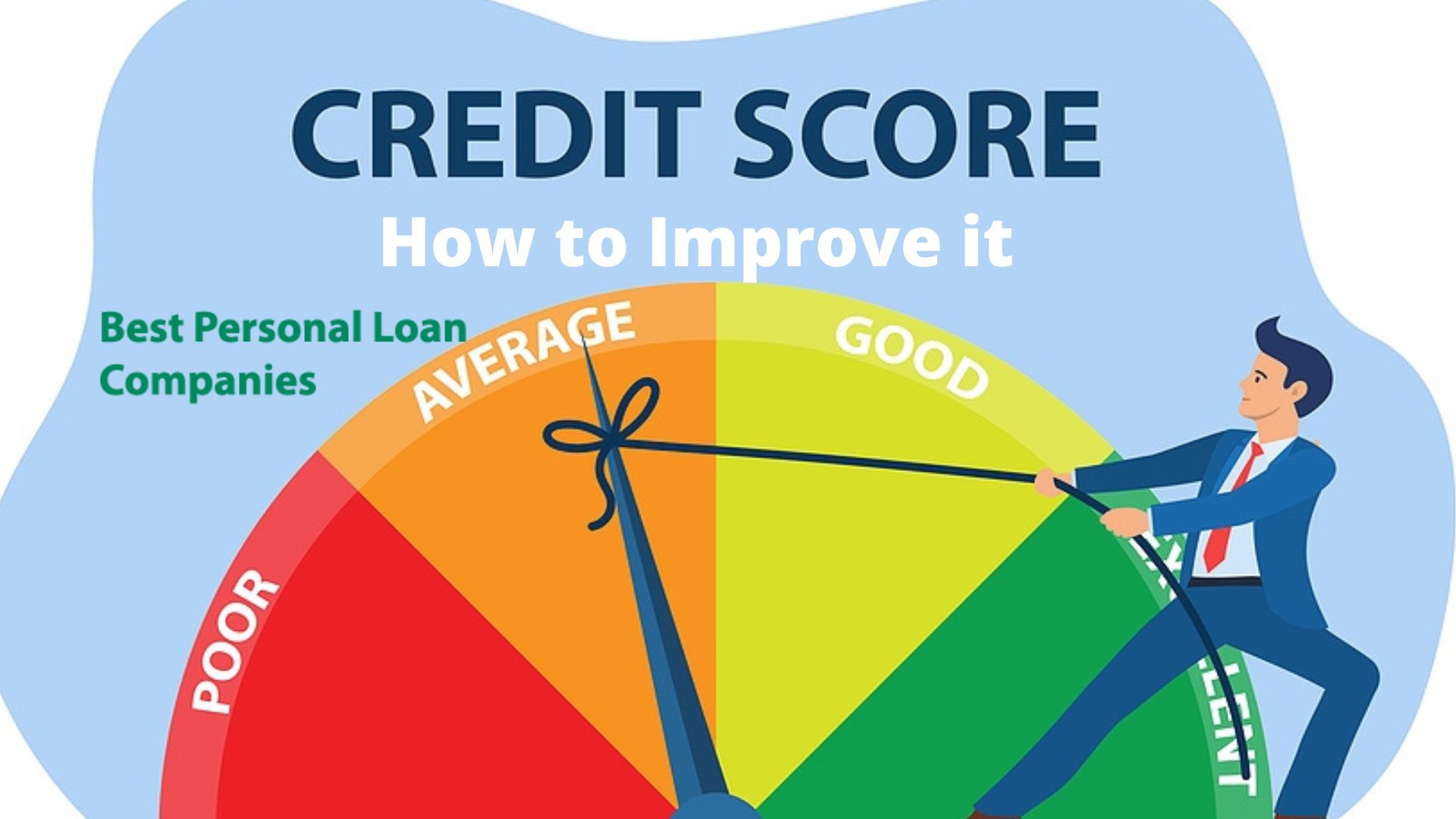Good Сredit Score and How to Improve it

One of the most crucial indicators of your financial health is your credit score. It provides lenders with a quick snapshot of your credit usage behavior. Your chances to take out loan or lines of credit will increase as your score rises. Additionally, a higher credit score can give you access to the lowest interest rates when you borrow money.
There are a lot of quick, easy things you can take to raise your credit score. You can begin improving your credit score in just a few hours, even if it can take a few months to see results.
How are credit scores calculated?
Your credit reports' data are used to calculate your credit score. The idea that you only have one credit score is a widespread one. In actuality, the scoring algorithm used to determine credit ratings might affect how they are calculated.
Depending on national consumer reporting agency—Equifax, TransUnion, or Experian— your credit score may also change. This is so that all three organizations do not receive reports from every lender and creditor. Some just report to one or two people, if not none at all. You have several credit reports and credit scores as a result of all these different factors.
What determines my credit score?
Your credit ratings are determined by a number of variables.
- Payment history. Your credit ratings are mostly determined by your payment history. This is why, wherever possible, it's crucial to make your monthly payments on schedule. Your credit history may be marred for up to seven years by late payments.
- The duration of the credit. Your credit is somewhat, but not significantly, impacted by the duration of your credit history. This takes into account the average age of all your accounts as well as the ages of your oldest and newest credit card accounts. The longer your credit history, the better, as it demonstrates to creditors that you have more expertise handling credit.
- Credit mix. Your varied account types, such as credit cards, student loans, and mortgages, are referred to as your credit mix. Maintaining diversity might give lenders the impression that you understand the foundations of credit in addition to a strong payment history.
- Your credit is also slightly impacted by recent credit. This keeps track of any hard inquiry applications you submit for things like new credit cards and personal loans. Better is having fewer.
Why Is a High Credit Score Important?
Most people will save hundreds of thousands of dollars over the course of their lives with a strong or exceptional credit score. A person with excellent credit is eligible for lower interest rates on mortgages, car loans, and other forms of finance.
Better credit scores are associated with lower risk borrowers, and more institutions will compete for their business by providing better rates, fees, and benefits. On the other hand, those with bad credit are viewed as higher-risk customers, which results in fewer lenders competing for them and more companies getting away with charging high annual percentage rates (APRs).
How to Increase Credit Scores?

Fortunately, there are a number of actions you may do to improve financial situation. Some of them can require weeks or months of work on your part. Others can be completed in a single day and will hasten the improvement of your credit:
- Take a look at your credit records. Reviewing your credit reports from the three major national consumer reporting agencies is a useful first step when trying to raise your credit score. Check to see if there are any errors or indications of fraud or identity theft before seeing whether you have any overdue balances or accounts that have been placed in collections. The best course of action is to pay off as many past-due obligations as you can to start by dealing with this unfavorable information.
- Pay promptly. Paying off your obligations as quickly and completely as you can is one of the best things you can do to get out debt. Avoiding late payments is crucial because your credit score is heavily influenced by your payment history. If you have trouble making payments on time, you might want to set up notifications to remind you to pay or use automatic payments for your accounts.
- Don't open too many new accounts. A hard inquiry that normally results from applying for new lines of credit can harm your credit score. So, attempt to reduce the number of times you apply for new accounts if you want to raise your score. A further component utilized in determining your credit score is the average age, or length, of your credit history, which can be decreased by opening a new line of credit.
- Don't close out old accounts. Avoid canceling any previous accounts that have been paid off, even if you no longer use them, while trying to raise your score. Your credit history will last longer if you keep the accounts open.
The Bottom Line
As you can see, a variety of factors significantly affect your credit score. For this reason, it's preferable that paid-off debts, like your previous school loans, remain on your record. It works in your advantage if you made on-time, responsible debt payments.
Some difficulties are simpler to get through than others. One late payment or a few hard inquiries, for instance, might be easier to recover from than a foreclosure or going into collections.
Depending on your specific situation, it may take some time to repair a damaged credit score, but it almost certainly won't happen overnight.